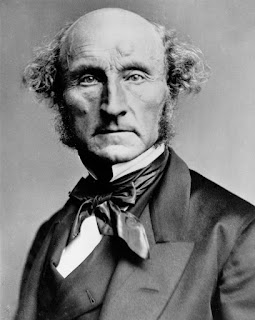 |
| Herman Dooyeweerd |
Everyone now presumably agrees that the execution of heretics handed over by the Inquisition to the civil authorities was not only a very bad idea but fundamentally unjust as well. Nevertheless, the major Reformed confessions of the sixteenth and seventeenth centuries charge the civil authorities with the responsibility to “protect the sacred ministry; and thus [to] remove and prevent all idolatry and false worship; that the kingdom of antichrist may be thus destroyed and the kingdom of Christ promoted.” By the beginning of the nineteenth century, this confessional charge to the political authorities was sounding less and less plausible in the increasingly pluralistic societies of Europe and North America.



